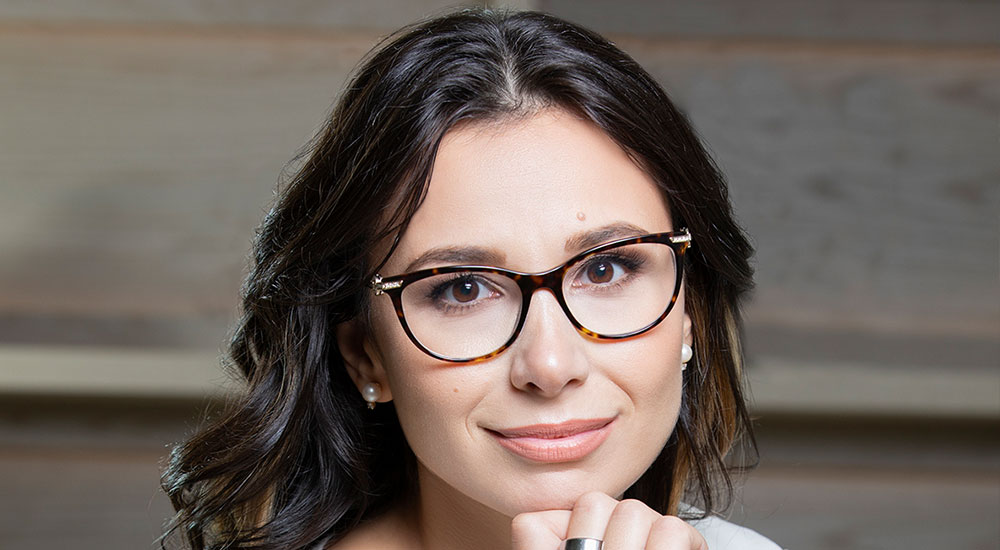Life significantly changed for 62% UAE respondents during pandemic, Kearney survey

A survey commissioned by Kearney Middle East revealed that 62% of respondents in the UAE have experienced a significant or complete change in their lives during the pandemic. The survey of more than 1,000 residents in the UAE conducted by YouGov explored personal wellbeing, economic and professional behaviours that people have worked on improving during the past few months. 55% of the respondents expect to retain the behaviours they have adopted during the pandemic.
Wellbeing and personal growth
Many respondents have adopted improved behaviours since the onset of the pandemic, with 51% spending more time on personal hygiene. 30% have increased the amount of time spent on improving their mental health compared to pre-pandemic, with more women, 34%, doing so than men, 28%. Similarly, 37% of all respondents reported increased physical movement and exercise during this period, women 42%, men 34%.
When questioned about smoking habits, 14% respondents claimed to have reduced or quit smoking altogether. Interestingly, 46% of the respondents who reduced smoking earned an income of over AED 20,000, whereas only 22% of people earning up to AED 10,000 reduced or entirely quit, highlighting the pervasive behavioural impact of wealth and income.
Work behaviours
32% of those surveyed spent more time attending online conferences and webinars. Respondents with an income of over AED 45,000 spent the most time, 45%, attending online webinars compared to those in other income levels: AED 20,000 to 40,000, 42%, AED 10,000 to 20,000, 36%, AED 5,000 to 10,000, 29% and less than AED 5000, 25%.
36% of respondents have searched for other work opportunities, with fewer youth, 18 to 24, applying for new work opportunities, 28%, compared to those between the ages of 35-45, 34%, and those over the age of 45, 36%. 38% of respondents between the ages of 25 to 34 indicated that they are actively on a job hunt.
Due to remote working, 38% of respondents have adopted digital telecommunication tools, with 34% working more days from home as compared to the pre-Covid-19 period. 41% of these respondents were over the age of 45, and 26% were 18 to 24 years old
Economic behaviours
While the UAE has been transitioning towards a cashless society as part of the Smart Government initiative and Vision 2021, the coronavirus containment measures have boosted contactless and online payments. 41% of those surveyed have avoided the use of cash during the pandemic and have opted for cashless transactions.
40% acknowledged having saved more money in the past few months as compared to the pre-crisis period. Those with income levels of over AED 40,000 reported to have increased savings during this period, 47%, followed by those earning AED 20,000-40,000, 43%, AED 10,000-20,000, 41%, AED 5,000-10,000, 39%, and less than AED 5,000, 39%.
Andreea Zugravu, Principal at Government and Economic Development at Kearney Middle East commented, “The social and behavioural change we see today is unlike anything we have seen before. The pandemic has not only encouraged personal change, but also spurred changes in some longstanding social constructs. The survey results reveal that despite the challenging situation, people have been motivated to improve their habits and behaviours, which if sustained can have long-lasting positive implications for UAE society.”





